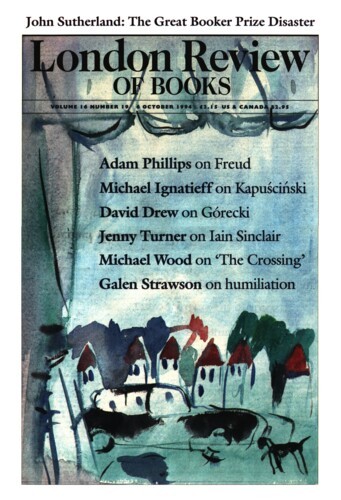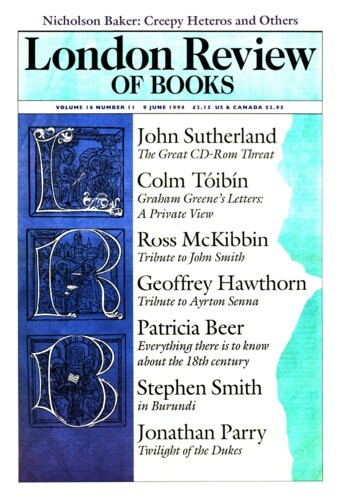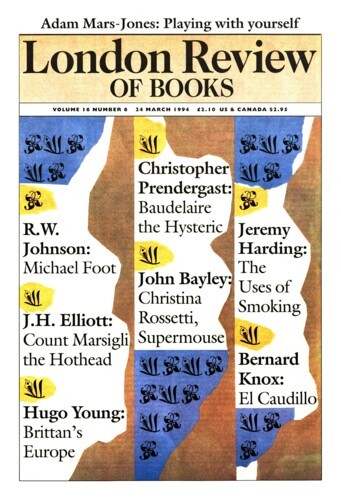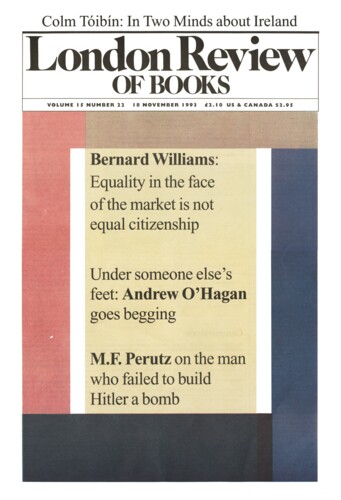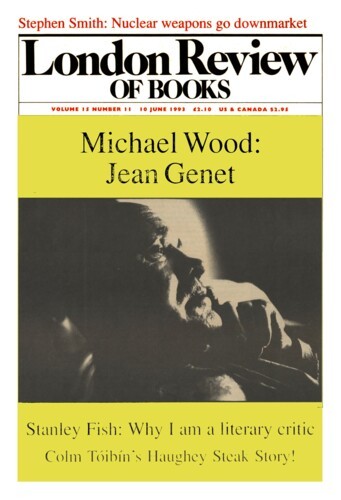When you arrive in a country on the brink of mass slaughter, it’s bad enough to find that, thanks to the airline, your luggage has goes missing. But you know you’re really in trouble when the airline gone missing. In the finch-loud hall of Bujumbura Airport, Burundi the unstirring arrivals board read annulé for three days. By the time we were reunited with our things, thanks to an intrepid Air Cameroon pilot, the clothes we stood up in were standing up by themselves. As an infrequent flier to this sultry capital on the banks of Lake Tanganyika, I was unable to determine how far the non-appearance of the national carrier was linked to the monstrosities in Rwanda, a couple of hours’ drive to the north. What I kept thinking about instead, I hope not unconscionably, was a matched pair of Ronald Searle plates for one of Geoffrey Willans’s Molesworth books, showing a Gaul marching on Rome and a Roman marching on Gaul. What one pencil-sucking hack at the poolside of the Bujumbura Novotel was heard to call Rwanda’s ‘ethnic cocktail’ could also be found in Burundi, albeit in different proportions. Since independence from Belgium in the early Sixties, the country has suffered at least five spectacular bouts of bloodletting – one more than Rwanda. Indeed, had the South African elections taken place last October instead of in April, it would have been from Burundi, not Rwanda, that journalists stopping over after the inauguration of President Mandela told the world about the Hutus and the Tutsis. Then, as now, weeks of disorder followed the violent-death of a Burundian President. Among many barbarities, kinsmen of the dead President, a Hutu, assembled a group of schoolchildren at a petrol station in the central highlands of Burundi. The Tutsi scholars were separated from their classmates, corralled in the building, and burnt to death. Among the perpetrators was their headmaster, a Hutu.’’
When you arrive in a country on the brink of mass slaughter, it’s bad enough to find that, thanks to the airline, your luggage has goes missing. But you know you’re really in trouble...
